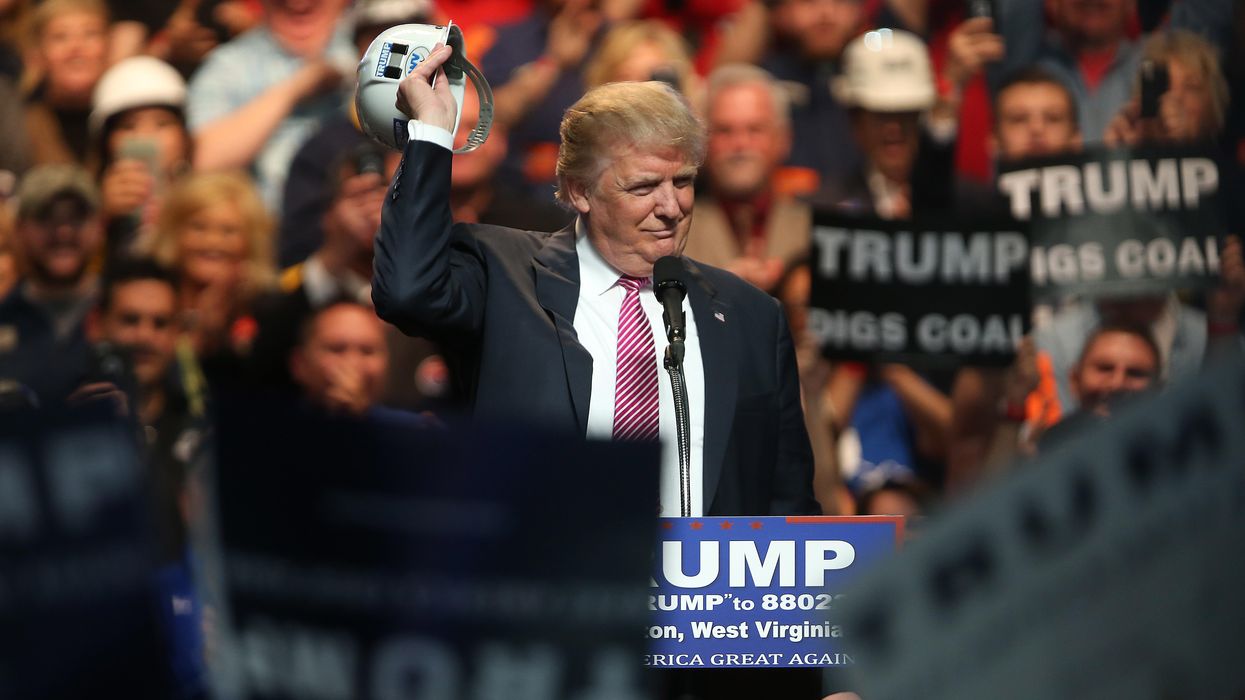Scapegoating is an old ruse of authoritarian leaders to get their followers to support action against the minority scapegoated, or even commit crimes themselves against the scapegoated.
The Nazi's used the burning of the Reichstag (the German equivalent of the Capitol), which they blamed on a Communist, to convince the German President to issue an emergency decree that abolished freedom of speech, assembly, privacy, and the press; legalized phone tapping and interception of correspondence. Thousands of Communists were arrested, and Adolf Hitler—then the German Chancellor (Prime Minister)—used the decree to consolidate his power and crush his enemies.
Fast forward to the aftermath of the Charlie Kirk assassination. Although the alleged shooter, Tyler Robinson, is alleged to have acted alone and is not alleged to have been a member of any political party or group, and with no information about his politics or motive, other than some social media memes that included an anti-fascist statement and his being against hatred, President Trump, Vice President Vance and other members of the administration and MAGA universe have portrayed the crime as being the product of the "radical political left."
And they seek to use this opportunity to crush the left. I quote Vance, "We are going to go after the NGO network that foments and facilitates and engages in violence."
Trump's modus operandi is to demonize his opponents, thus gaining the support of his base against them, and then attacking them in any way possible. He has declared emergencies to give him the power to act under existing law to carry out his designs. Whether it was, for example, deporting Venezuelan immigrants to El Salvador, imposing tariffs, or deploying troops to the border, Trump has relied on statutory authority that was meant to be used only in extraordinary emergencies such as war or an invasion. An AP analysis showed that 30 of 150 Trump executive orders cited emergency power or authority.
Another aspect of his modus operandi is that he claims the problem of violence is coming from the left. Still, studies have shown that the far-right has been guilty of more acts of violence, including acts against Jews—for example, the Tree of Life Synagogue shootings—and Democrats—the assassination of Rep. Hortman, than have those on the left. One of these studies, conducted by a libertarian organization, was even featured on the DOJ website, but it has since been deleted.
Regarding acts of violence by the far-right, the perpetrators have, in general, been portrayed by Trump as individuals having a good excuse. But when violence comes from the left, it is always a function of and reflection on the movement, not the act of an individual.
This would be laughable were it not for the power that Trump has amassed and the absolute fealty and subservience that he is shown. Congress has become a tool of Trump's, and the loyalty of his base is unwavering. He could quite possibly do what he is seeking to do.
This is yet one more example of the Hitler-Trump analogy that I have written about previously in my blog. It's like his playbook—total control of all elements of government—was taken from Hitler. No one stopped Hitler. The question is, who will stop Trump? I honestly don't know. The levers of power are all in the hands of Republicans, and the judicial system, to date, with an acquiescent Supreme Court, has not been a brake on Trump's actions.
Trump represents a bare majority of American voters. Yet, he has managed to place himself above all the checks and balances that have enabled our democracy to survive these 250 years. And it is, unfortunately, the "consent of the governed"—at least those that elected him—that has enabled him to wreak havoc on our democracy and assume what I would call quasi-dictatorial power.
I have faith in our system and in the American people, and so I feel that somehow, at some point, this scourge that has overtaken our country will be removed, and we will return to the reasoned, if somewhat flawed, democracy that we have enjoyed for 250 years.
Ronald L. Hirsch is a teacher, legal aid lawyer, survey researcher, nonprofit executive, consultant, composer, author, and volunteer. He is a graduate of Brown University and the University of Chicago Law School and the author of We Still Hold These Truths. Read more of his writing at www.PreservingAmericanValues.com




















Marco Rubio is the only adult left in the room